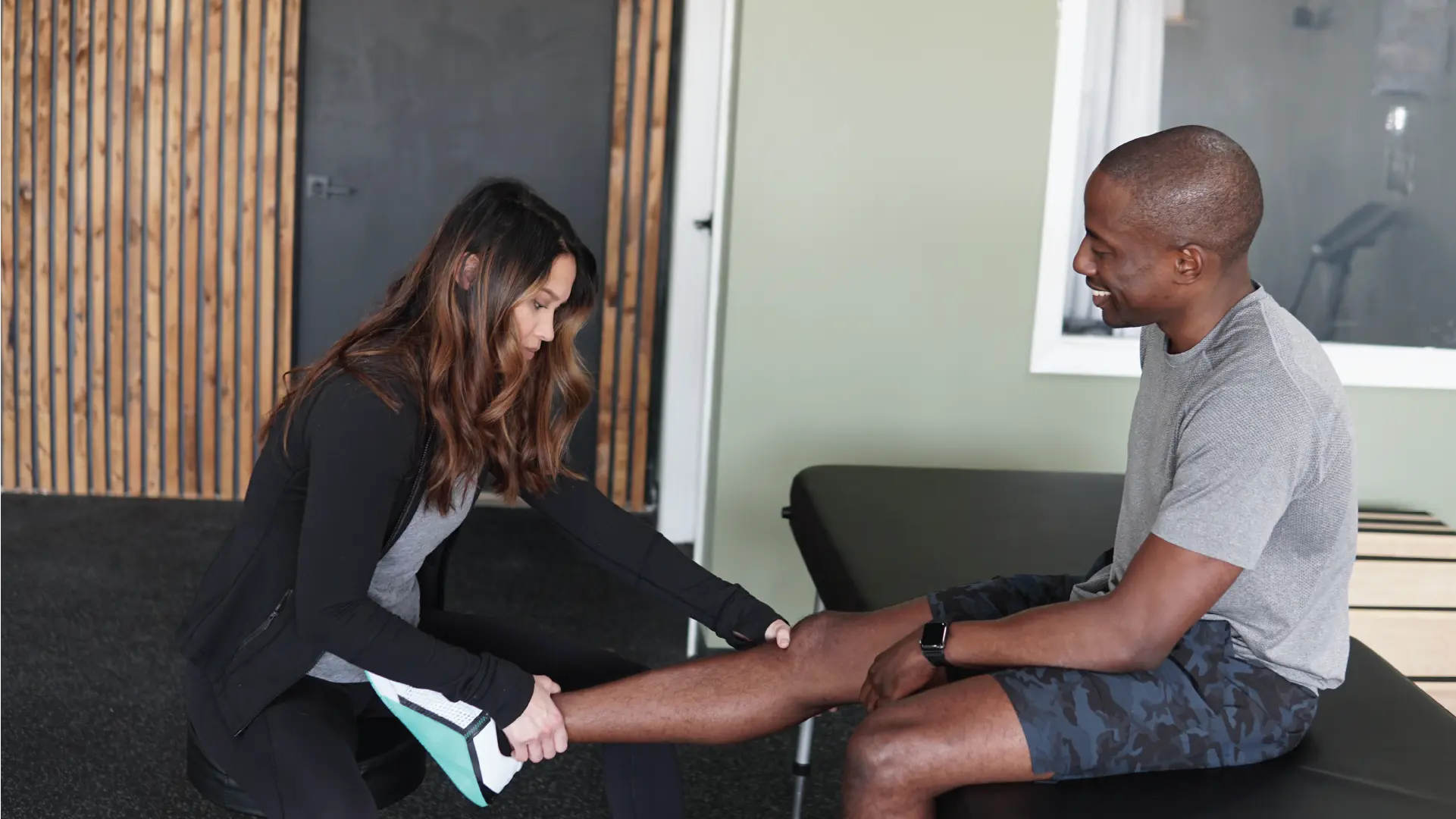Knee pain ranks as the third most frequent issue addressed in physical therapy clinics. While ACL (anterior cruciate ligament) tears often receive significant attention in media and sports, they are relatively rare outside competitive athletics, with approximately 100,000 to 200,000 ACL tears annually in the United States. In reality, these injuries make up only a small portion of physical therapy cases. Arthritis of the knee, including those requiring total knee replacements due to severe pain, is a prevalent condition treated by physical therapists. Additionally, the term ‘anterior knee pain’ encompasses various issues such as patellofemoral pain (kneecap pain) and tendinitis (jumper’s knee).

This is a common form of arthritis that affects the knee joint, leading to pain, stiffness, and reduced mobility.
This condition involves inflammation of the tendon that connects the kneecap (patella) to the shinbone (tibia), often seen in athletes who engage in jumping sports.
The meniscus is a rubbery cartilage in the knee that can tear due to sudden twisting or impact, causing pain, swelling, and sometimes locking of the knee.
These can include injuries to the ACL (anterior cruciate ligament), PCL (posterior cruciate ligament), MCL (medial collateral ligament), or LCL (lateral collateral ligament), often occurring during sports or accidents.
This condition involves pain around or under the kneecap, commonly seen in runners and cyclists.
Inflammation of the bursa sacs located near the knee joint, causing pain and swelling.
This is an overuse injury resulting in pain on the outside of the knee, often seen in runners and cyclists.
If you or a family member have been dealing with persistent pain for more than three weeks without improvement, a visit to a licensed physical therapist could be highly beneficial. While many aches and pains improve on their own, ongoing issues often need a professional evaluation from a musculoskeletal expert.
All information on this website is intended for instruction and informational purposes only. The authors are not responsible for any harm or injury that may result. Significant injury risk is possible if you do not follow due diligence and seek suitable professional advice about your injury. No guarantees of specific results are expressly made or implied on this website.
© unifypt.com | All rights reserved